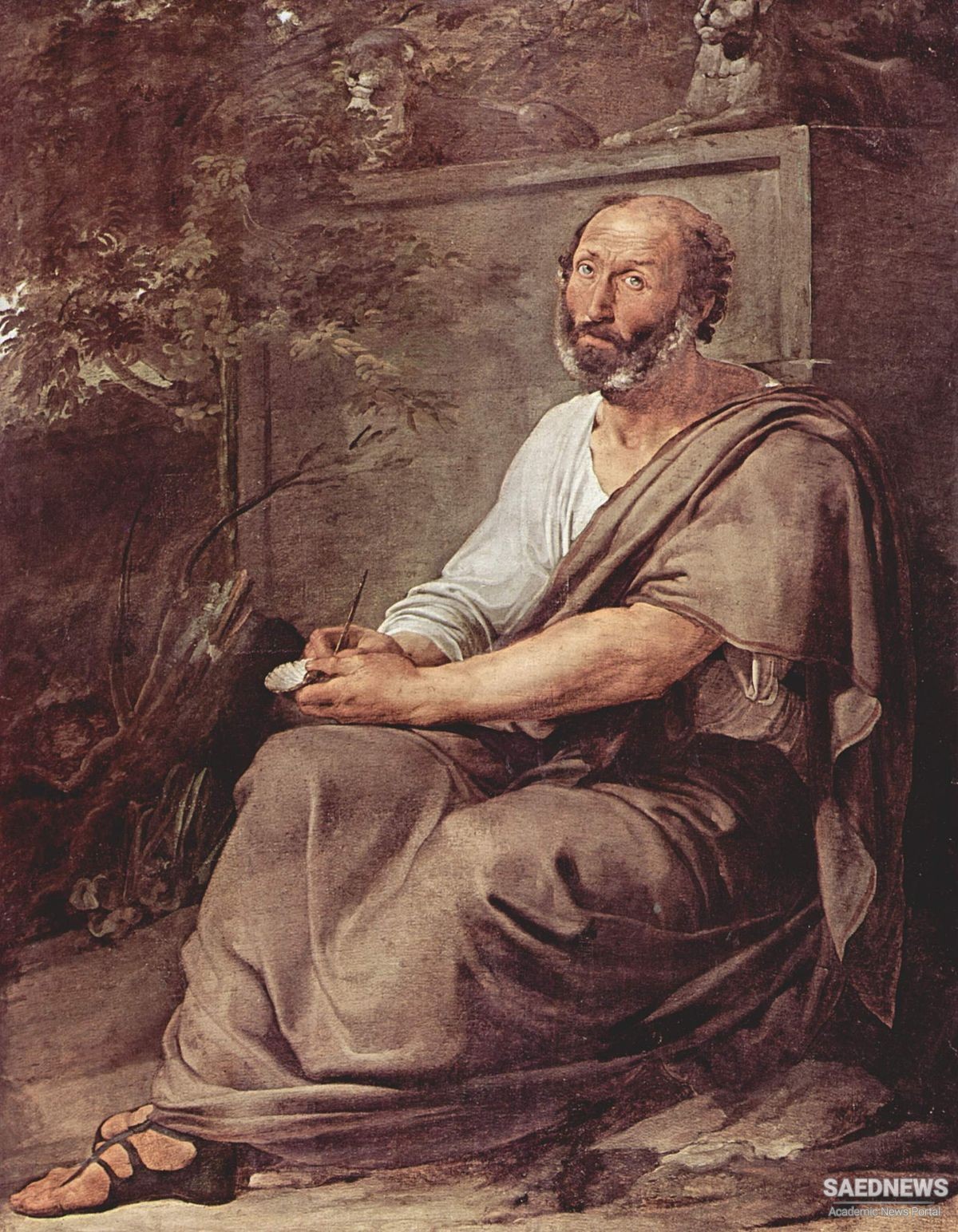PAUL THE PERSIAN, a writer who lived at the time of the Nestorian Patriarch Ezekiel (567-80 C.E.), according to Bar Hebraeus, and was well versed in ecclesiastical and philosophical matters. Having once aspired to be the metropolitan bishop of Persis, he later converted to Zoroastrianism. Paul’s apostasy is described in a similar manner in the Arabic Chronicle of Séert, but Teixidor has questioned the historical value of these reports.
Bar Hebraeus attributes to Paul “an admirable introduction to the dialectics (of Aristotle).” It is generally agreed that this is identical with the Treatise on the Logic of Aristotle the Philosopher addressed to King Ḵosrow, which is extant in a Syriac manuscript in the British Museum. An edition and Latin translation of the Treatise were published by Land (1875). The Treatise contains an introduction to philosophy in general, an introduction to Aristotle’s logical works (dependent upon Porphyry’s Isagoge), and concise summaries of the individual books of the Organon studied in the Syrian school tradition. The first half of the Treatise has been translated into French by Teixidor.
Meskawayh (d. 1030), in his Tartib al-saadat, quotes from an otherwise unknown work of Paul addressed to Ḵosrow which provides a general introduction to the philosophy of Aristotle; this type of prolegomenon traditionally formed the first part of a commentary on the Categoriae.
The two works described above exercised a certain influence upon Islamic philosophical writers of the ninth to eleventh centuries C.E. Particularly influential were Paul’s classification and division of the parts of philosophy (Gutas, 1983; Teixidor 1996/1997, pp. 733-34) and his claim that knowledge is superior to faith and should be chosen in preference to the latter. Paul argued that through knowledge one may attain certainty, allowing people to reach unanimous agreement. Faith, however, can neither gain exact knowledge nor eliminate doubt, leading to dissension and discord.
Paul the Persian also appears as a literary figure in an early Byzantine Greek anti-Manichean work, the Debate of Photinus the Manichaean and Paul the Persian, which is extant in Sinaiticus gr. Mai (1847) produced an edition of the text (based upon Vaticanus gr. 1838 but with numerous errors) together with a Latin translation; these were reprinted by J.-P. Migne. Samuel Lieu and Mark Vermes have prepared an English translation of this work (to appear in the Corpus Fontium Manichaeorum Series Graeca), which is based upon Mai’s edition but includes some emendations made after examining a microfilm of Vatopedinus 236. A critical edition of the Greek text and a new English translation are being prepared by Byard Bennett.


 Umar Al Waqidi: Historian of Wars and Military Campaigns
Umar Al Waqidi: Historian of Wars and Military Campaigns














































